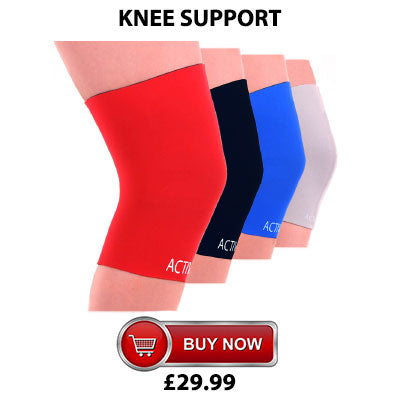Painful Knees
Painful Knees?
Why does your knee hurt?
Whether you have pain in the back of your knee, anterior knee pain (front of knee pain), kneecap pain, aching knees or painful and swollen knees. You may have left knee pain, right knee pain, knee bone pain or pain in the knee muscles.
However, the reason that you are aware of your knee is because of one reason alone: it hurts.
Let’s take a look at some of the common reasons your knee may hurt.
1) Injury
If you have bumped, banged, twisted or jarred your knee, if you have been moving and felt a pop, twinge or tear, it is likely that your knee has been subjected to trauma and the tissue in or around the joint has been injured. Common types of knee injury are:
Ligament injury – There are 4 min ligaments in the knee (more detail here).
Fracture – There are 4 bones that converge at the knee joint. If the knee is subjected to sudden, forceful impact, any of these bones can break.
Torn meniscus – The meniscus acts as a shock absorber. Click here for more information.
Bursitis – Inflammation of the small fluid sacs that cushion the outside of your knee joint (bursae) can be painful and decrease the joint’s range of movement.
Patella tendinitis – (Also known as ‘Runner’s Knee’) is an inflammation of the patella tendon. Read more here.
2) Arthritis


There are over 100 different types of arthritis, which is defined as a “painful inflammation and stiffness of the joints”. The most common forms of arthritis that affect the knee joint are:
Osteoarthritis – By far the most common type of arthritis in the knee, there is a more information on this condition here.
Rheumatoid arthritis – This is an autoimmune condition that can affect any joint in the body.
Gout – Whilst the most commonly affected joint is the big toe, it can also affect the knee, causing pain and stiffness. It is the result of a build-up of uric acid crystals in the joint and is often closely related to diet.
Septic Arthritis – This type of arthritis often occurs with a fever. Treatment is with antibiotics.
3) Movement issues

Sometimes the way we move can cause knee pain, especially if the joint is not in the correct alignment (due to tight muscles, previous injury, etc.) or structural changes within the joint can affect how we move. Here are some examples:
ITB Syndrome – The iliotibial band, if it gets tight, can rub on the outside of the femur, near to the knee, causing pain. For more detail click here.
Loose body – If a small piece of meniscus, cartilage or bone, breaks off and remains in the joint, it can cause pain, swelling and reduced movement of the knee.
Dislocated kneecap – Sometimes the kneecap (patella) can slip out of place. It will often slip back into place, but can result in lasting pain.
Back, hip, foot pain – If you have pain elsewhere in the body it can cause you to change the way you walk, which can result in more stress on the knee joint.
4) Other causes


Some common causes of knee pain do not fall into the above categories. These are:
Patellofemoral pain – This is a general term that refers to pain between your kneecap and thigh bone.
Osgood Schlatter Disease – Normally found in active adolescents (between the ages of 9-16 years). Further information can be found here.
Baker’s Cyst – This is similar to bursitis but manifests as a lump of fluid at the back of the knee. There is a more detailed description here.

The Active650 Difference
If you are concerned about knee pain, if your knee pain persists or if it gets gradually worse, please consult with an appropriate, qualified medical professional.







